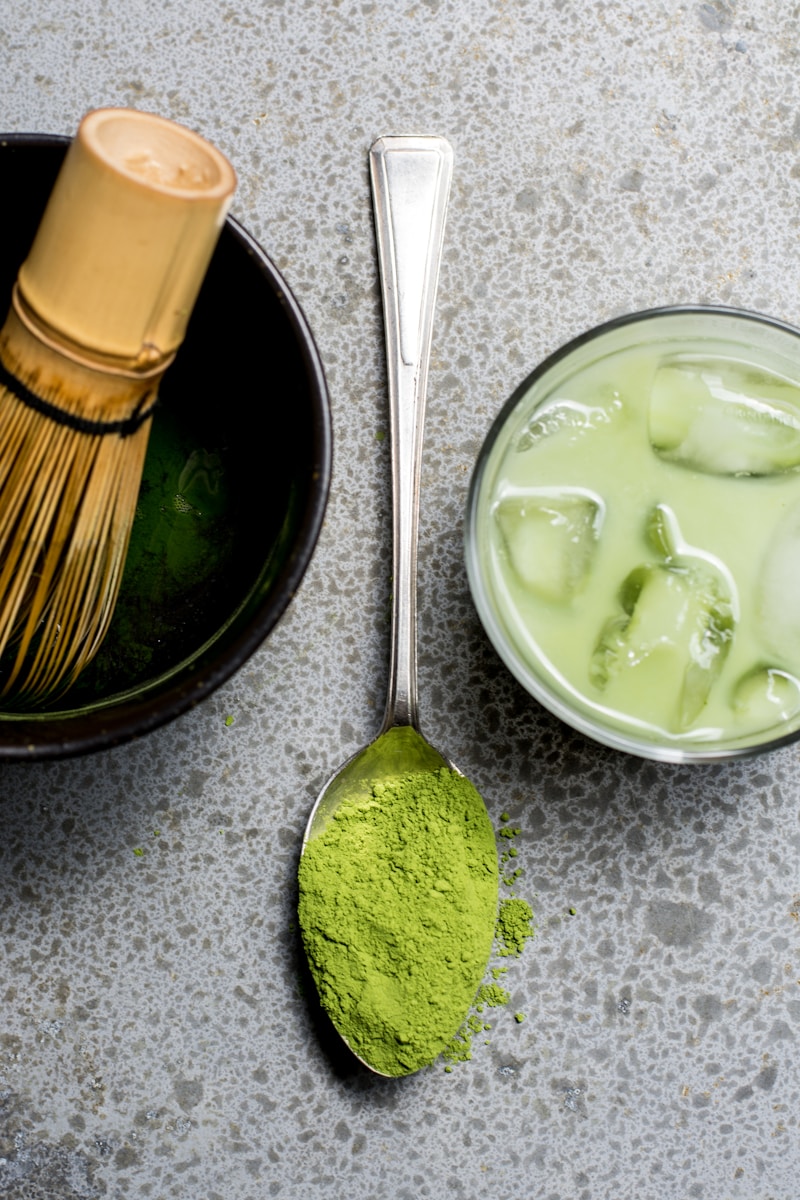
In the realm of fitness and wellness, protein powder has emerged as a popular supplement. However, many wonder about the effects of everyday consumption of this supplement. This comprehensive analysis aims to clarify the implications, benefits, and potential risks of daily protein powder use.
Understanding the Role of Protein
Protein is a critical nutrient that our bodies require for optimal health, growth, development, and energy provision. According to the recommended daily allowance (RDA), adults should consume 0.8 grams of protein per kilogram of body weight to prevent deficiencies1. However, for athletes and individuals who engage in regular physical activity, a higher protein intake may be beneficial2.
Protein Powder: A Convenient Protein Source
Protein powder is an easy way to meet daily protein needs. It is derived from various whole food sources like dairy, soy, peas, rice, and eggs. Consuming protein powder is a practical method for individuals who struggle to meet their protein requirements through diet alone.
Even those who do not engage in regular exercise can utilize protein powder. Erik Bustillo, a Registered Dietitian, suggests that adequate protein consumption is necessary for everyone, not just those who are physically active.
However, it’s essential not to use protein powder as a meal replacement without considering the need for a balanced diet. If you plan to use protein powder in place of a meal, ensure you add a carbohydrate and fat source to create balance.
Everyday Use of Protein Powder: Beneficial or Detrimental?
There is a common misconception that consuming too much protein can lead to weight gain or other health problems. However, studies have shown that a high-protein diet has no harmful effects in most cases3.
Advantages of Daily Protein Powder Intake
Muscle Maintenance and Growth
With aging, individuals lose approximately 3-8% of their muscle mass every decade starting from the age of 304. This loss can be exacerbated by a low-calorie diet5. A high-protein diet, coupled with weight-bearing exercise, can help mitigate this loss6.
Enhanced Satiety
A high-protein diet can improve the feeling of fullness after a meal, crucial for maintaining a healthy body weight and a positive relationship with food. Protein supplements, including protein powders, have been shown to effectively suppress appetite and increase total daily protein intake7.
Quality Protein Source
Protein powders, whether plant or animal-based, provide a quality source of protein, ensuring an adequate intake of essential amino acids. They add variety and convenience to your increased protein efforts.
Risks and Considerations
While protein powders are generally safe for consumption, it’s crucial to choose a product that aligns with your health goals and medical conditions. Always read the labels for ingredients that may interfere with medications or medical conditions. Also, select a protein powder without additional sugars or sweeteners if you suffer from gastrointestinal issues.
Choosing the Right Protein Powder
Given that protein powders are considered supplements and are not federally regulated, it’s advisable to choose a product that has undergone third-party testing. Look for products that are NSF or Informed-Sport Certified, indicating that the protein powder does not contain any banned substances or unsafe levels of contaminants.
Daily Protein Powder Usage Tips
Protein powder can be used creatively. Try making protein pancakes or waffles, mixing it into oatmeal, or adding a scoop to your morning smoothie. You can also incorporate it into homemade granola bars or your favorite baked goods.





